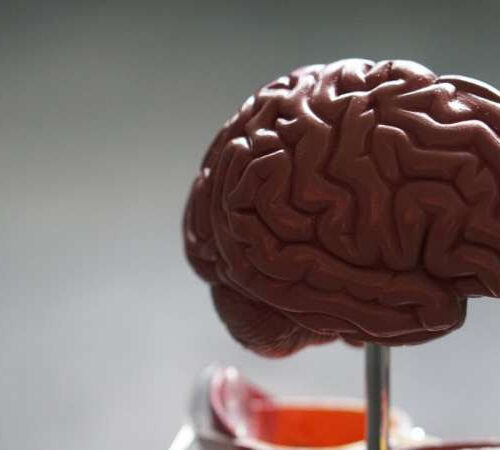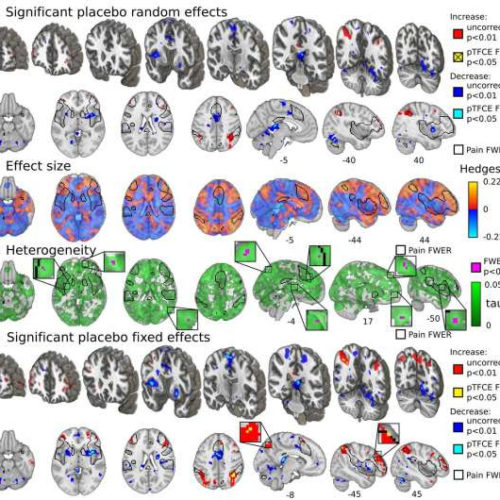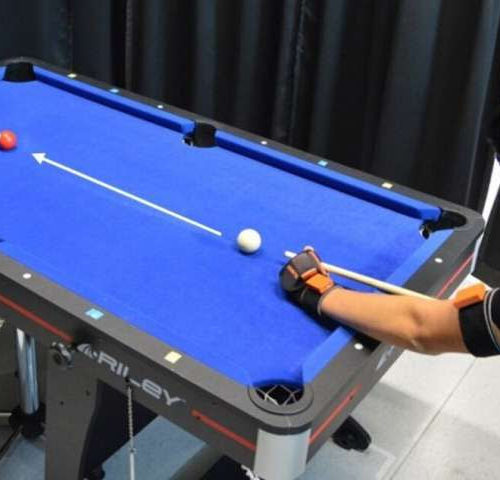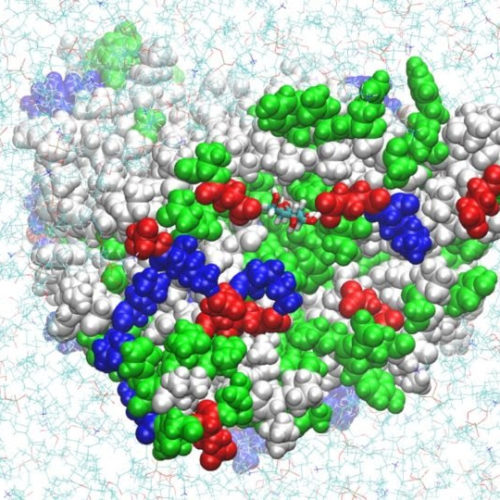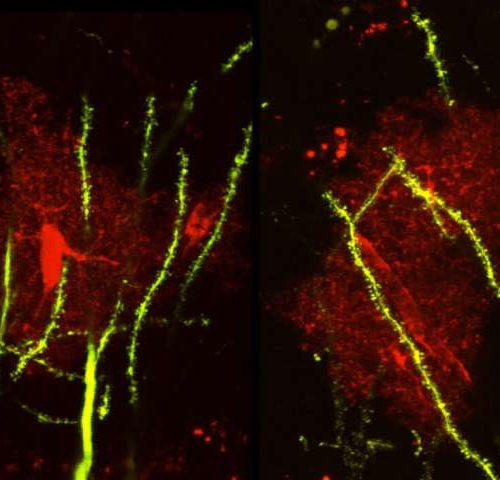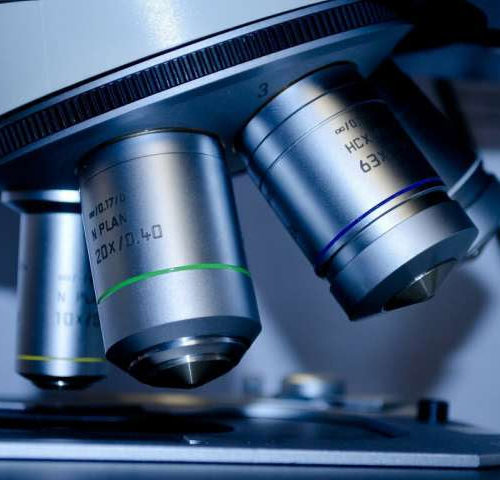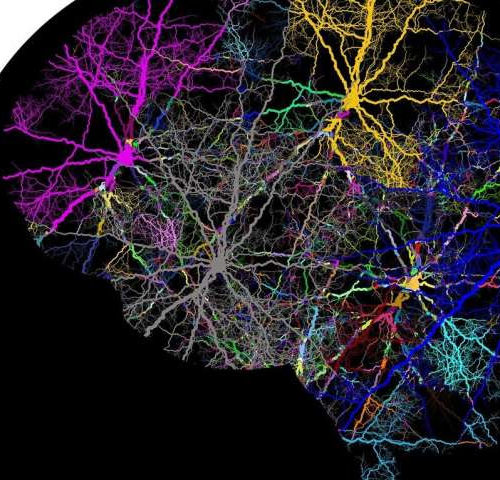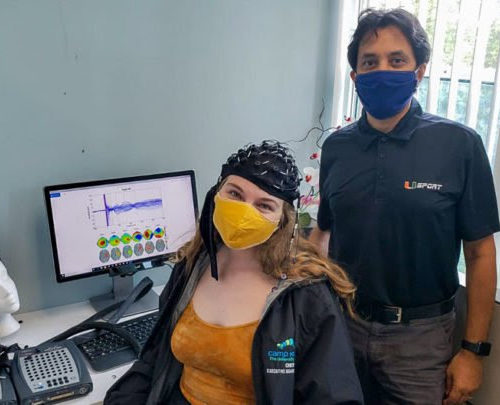by Dartmouth College Credit: Unsplash/CC0 Public Domain For decades, researchers have debated whether the buildup of certain electrical activities in the brain indicates that human beings are unable to act out of free will. Experiments spanning the 1960s and 1980s measured brain signals noninvasively and led many neuroscientists to believe that our brains make decisions before we do—that human actions...
Tag: <span>neuroscience</span>
New study gives the most detailed look yet at the neuroscience of placebo effects
by Dartmouth College fMRI activity during pain is reduced in the areas shown in blue. Many of these are involved in constructing the experience of pain, including the feeling of suffering, and motivating actions to avoid it. Activity is increased in the areas shown in red and yellow. These are broadly involved in the control of...
Real-world neuroscience experiments show diversity in learning new motor skills
by Alana Cullen, Imperial College London Credit: Imperial College London Researchers at Imperial College London have shown how the whole body changes while learning new movement-based skills. By using a new data-driven approach to analyse full-body movement during motor learning in the real world, the researchers both demonstrated the involvement of the whole body in the learning process and identified...
Across the cell membrane
This news or article is intended for readers with certain scientific or professional knowledge in the field. Some of the most essential processes on the planet involves water and energy entering and leaving cells. The cellular doormen responsible for this access are known as aquaporins and glucose transporters, two families of proteins that facilitate the...
People with less body response to stress task had more PTSD signs after COVID-19 began
Study findings surprised researchers, who had expected the reverse, Baylor University researcher says BAYLOR UNIVERSITY BAYLOR UNIVERSITY PSYCHOLOGIST ANNIE GINTY, PH.D. view more CREDIT: BAYLOR UNIVERSITY People who did not have a large heart rate response to a stress task surprised researchers later — after the onset of the COVID-19 pandemic — when they showed...
Brain protein linked to seizures, abnormal social behaviors
by Iqbal Pittalwala, University of California – Riverside Confocal image of a mouse brain tissue shows the astrocytes (red) and neurons (green). Credit: Ethell lab, UC Riverside. A team led by a biomedical scientist at the University of California, Riverside has found a new mechanism responsible for the abnormal development of neuronal connections in the...
Investigational drug stops toxic proteins tied to neurodegenerative diseases
by Melissa Moody, Perelman School of Medicine at the University of Pennsylvania An investigational drug that targets an instigator of the TDP-43 protein, a well-known hallmark of amyotrophic lateral sclerosis (ALS) and frontotemporal dementia (FTD), may reduce the protein’s buildup and neurological decline associated with these disorders, suggests a pre-clinical study from researchers at Penn...
New form of brain analysis engages whole brain for the first time
by Duke University A new method of brain imaging analysis offers the potential to greatly improve the effectiveness of noninvasive brain stimulation treatment for Alzheimer’s, obsessive compulsive disorder, depression, and other conditions. Duke researchers developed the new method, which for the first time analyzed the whole brain network rather than a single region of the...
Newly discovered ‘support system’ for axons suggests a novel therapeutic target for neurodegenerative diseases
by Ellen Goldbaum, University at Buffalo This image shows axons in vitro 24 hours after injury. The presence of Schwann cells (nuclei in cyan) helped maintain the integrity of axons (in magenta and yellow). Credit: Elisabetta Babetto, HJKRI Axons are long, finger-like projections of neurons that transmit critical signals throughout the nervous system. But because...
Research explores how the brain functions
What does each part of the brain do and why? Can we communicate with a patient in a coma? How does continual cell phone screen-time affect us? These are the kind of questions that Brian Arwari ponders every day. A cognitive psychologist by training, he leads the neurocognitive lab in the Department of Kinesiology and...

